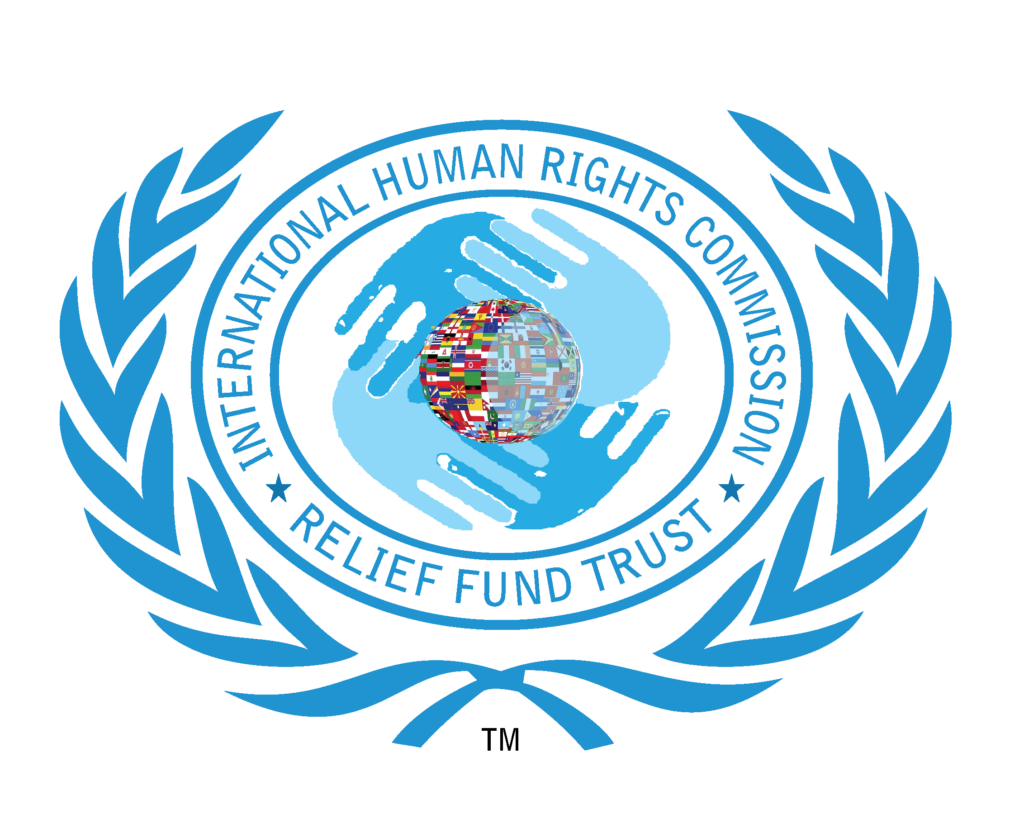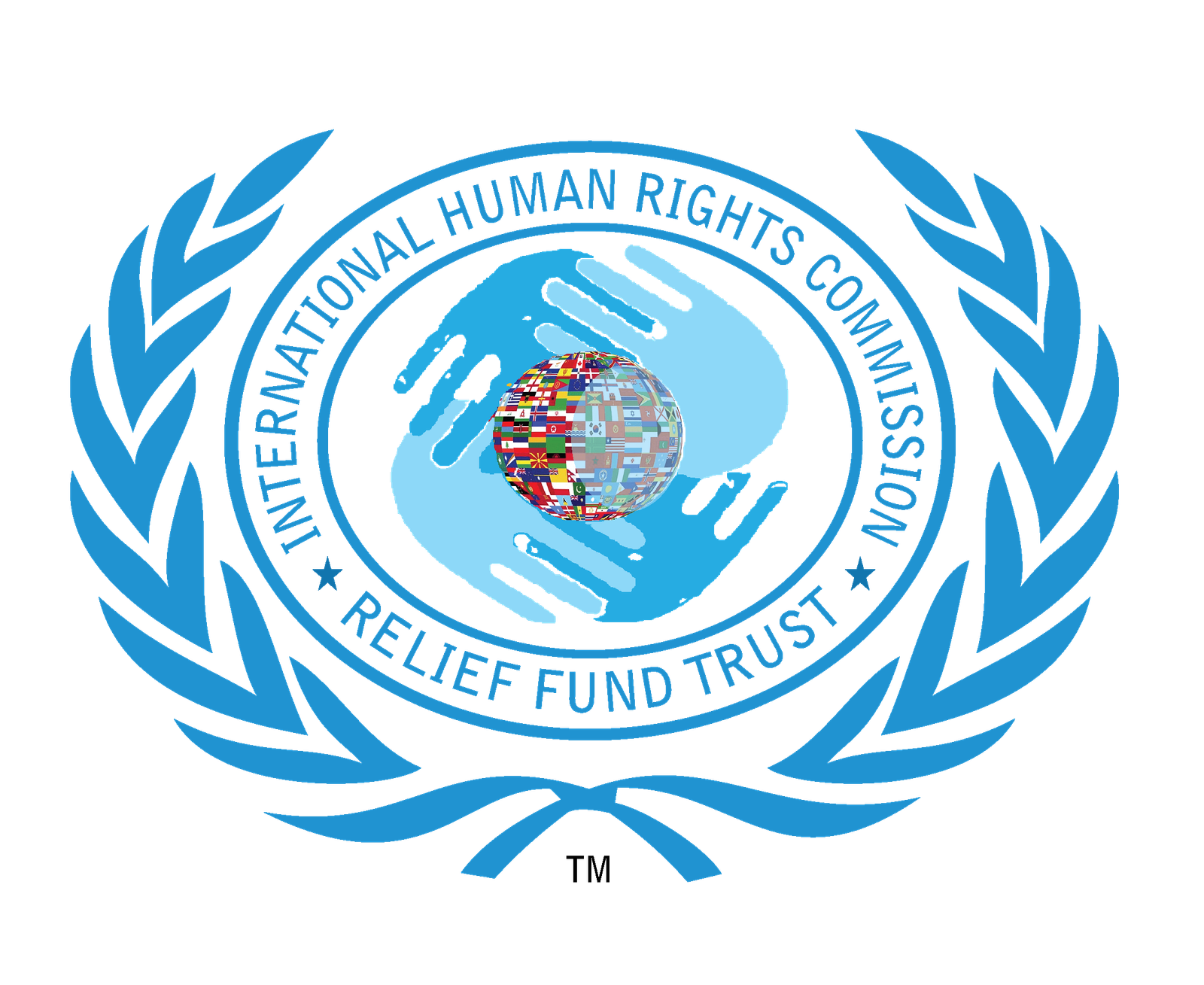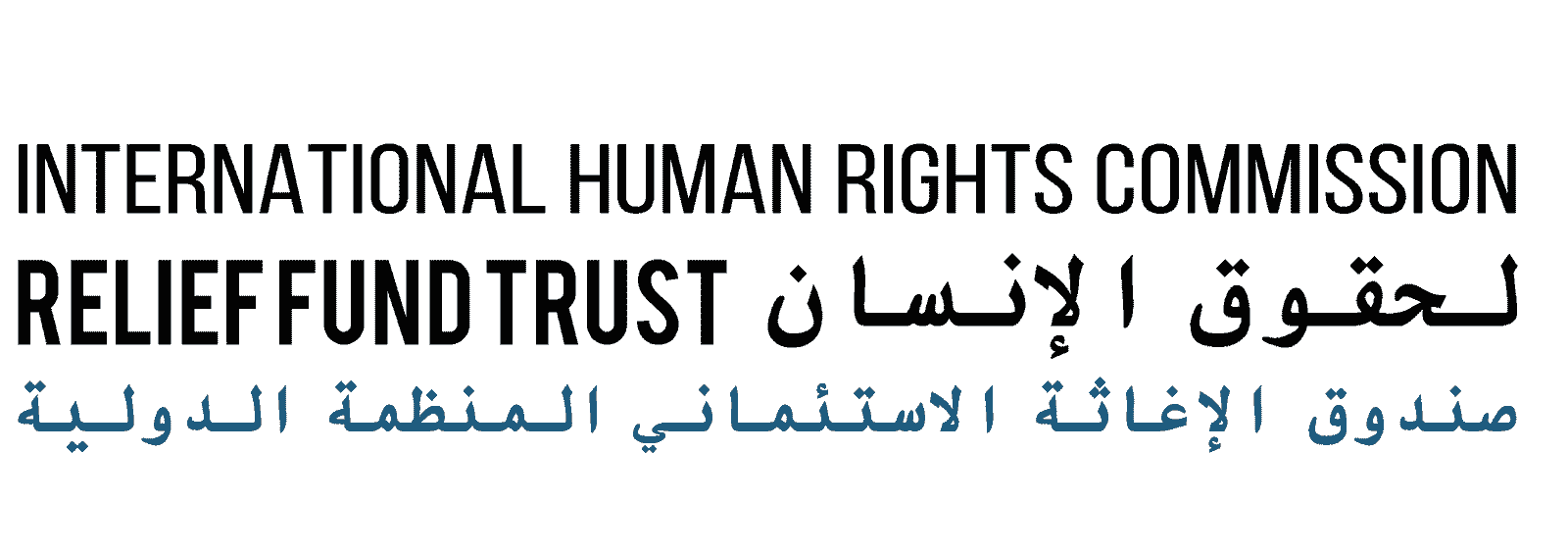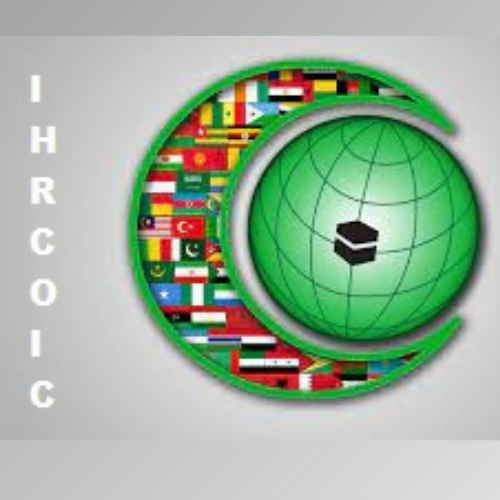
IHRC-MOIC International Human Rights Commission’s MODEL ORGANIZATION OF ISLAMIC COOPERATION
HISTORY OF OIC:
The Organization of Islamic Cooperation (OIC) is the second largest organization after the United Nations with a membership of 57 states spread over four continents. The Organization is the collective voice of the Muslim world. It endeavors to safeguard and protect the interests of the Muslim world in the spirit of promoting international peace and harmony among various people of the world.
The Organization was established upon a decision of the historical summit which took place in Rabat, Kingdom of Morocco on 12th Rajab 1389 Hijra (25 September 1969) following the criminal arson of Al-Aqsa Mosque in occupied Jerusalem. In 1970 the first ever meeting of Islamic Conference of Foreign Minister (ICFM) was held in Jeddah which decided to establish a permanent secretariat in Jeddah headed by the organization’s secretary general. Amb. Hissein Brahim Taha is the 12th Secretary General who assumed the office in November 2021.
The first OIC Charter was adopted by the 3rd ICFM Session held in 1972. The Charter laid down the objectives and principles of the organization and fundamental purposes to strengthen the solidarity and cooperation among the Member States. Over the last 40 years, the membership has grown from its founding members of 30 to 57 states. The Charter was amended to keep pace with the developments that have unraveled across the world. The present Charter of the OIC was adopted by the Eleventh Islamic Summit held in Dakar on 13-14 March 2008 to become the pillar of the OIC future Islamic action in line with the requirements of the 21st century.
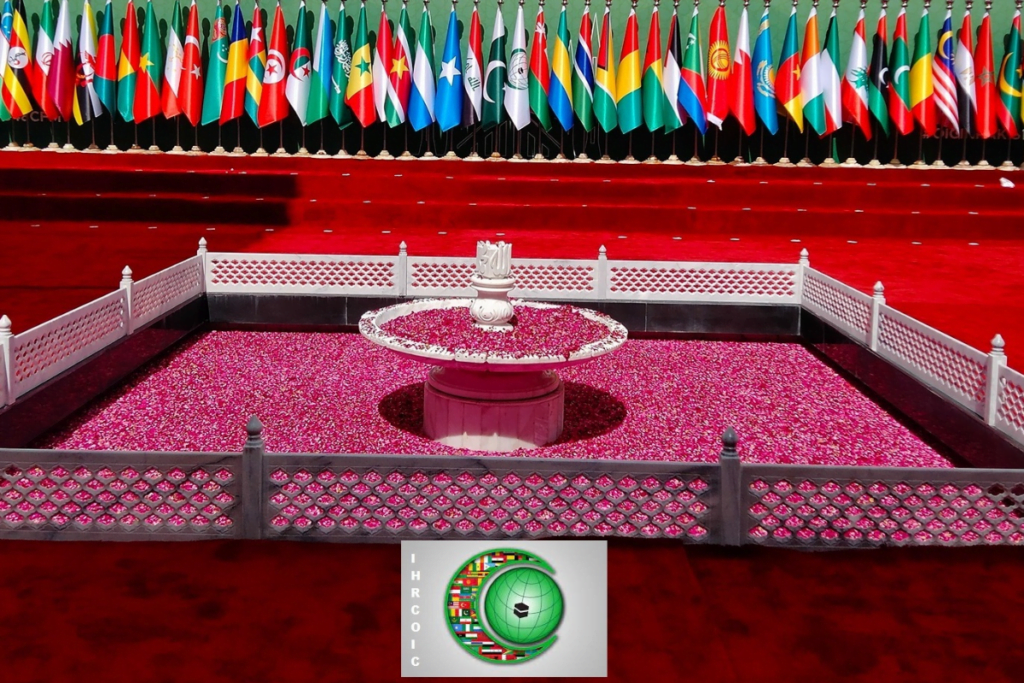
The Organization has the singular honor to galvanize the Ummah into a unified body and have actively represented the Muslims by espousing all causes close to the hearts of over 1.5 billion Muslims of the world. The Organization has consultative and cooperative relations with the UN and other inter-governmental organizations to protect the vital interests of the Muslims and to work for the settlement of conflicts and disputes involving Member States. In safeguarding the true values of Islam and the Muslims, the organization has taken various steps to remove misperceptions and has strongly advocated elimination of discrimination against Muslims in all forms and manifestations.
The Member States of the OIC face many challenges in the 21st century and to address those challenges, the Third Extraordinary Session of the Islamic Summit held in Makkah in December 2005, laid down the blue print called the Ten-Year Program of Action. It successfully concluded with the close of 2015. A successor programme for the next decade (2016-2025) has since then been adopted.
The new programme OIC-2025 is anchored in the provisions of the OIC Charter and focuses on 18 priority areas with 107 goals. The priority areas include issues of Peace and Security, Palestine and Al-Quds, Poverty Alleviation, Counter-terrorism, Investment and Finance, Food Security, Science and Technology, Climate Change and Sustainability, Moderation, Culture and Interfaith Harmony, Empowerment of Women, Joint Islamic Humanitarian Action, Human Rights and Good Governance, among others.
Among the OIC’s key bodies: the Islamic Summit, the Council of Foreign Ministers (CFM), the General Secretariat, in addition to the Al-Quds Committee and three permanent committees concerned with science and technology, economy and trade, and information and culture. There are also specialized organs under the banner of the OIC including the Islamic Development Bank and the Islamic Educational, Scientific and Cultural Organization, as well as subsidiary and affiliate organs that play a vital role in boosting cooperation in various fields among the OIC member states.
WHY IHRC-MOIC (MODEL OIC):
International Human Rights Commission initiated IHRC-MOIC (Model OIC) is an academic simulation of the Organization of Islamic Cooperation (OIC), which aims at educating participants about current trends in theory and practice of International relations, effective communication and multilateral diplomacy. The IHRC Model OIC Academic Training and Diplomatic Simulation Program (IHRC-MOIC), which was the part of the 14-priority Joint Youth Action Plan, was adopted by the 3rd Session of the Islamic Conference of Youth and Sports Minister (5-7 October 2016, Istanbul) and approved by the 43rd Session of the OIC Council of Foreign Ministers (18-19 October 2016, Tashkent).
WHO WE ARE?
We are the place where train the future’s leaders and activists, we aim to build a fairer world by organizing the youth within the framework of diplomacy and communication. We want to work for a sustainable world by shaping the potential future of youth through diplomacy. We offer the opportunity to be united for a fairer world.
OBJECTIVES OF IHRC-MOIC
Serve as a youthful and interactive platform for exchanging ideas on an understanding of the main political, cultural, and social phenomena of OIC Geography and beyond by initiating dialogues, discussions, and debates.
Raise the popularity of OIC amongst the youth of OIC geography.
Help Muslim youth increase their confidence and leadership skills.
Bringing the Youth of Muslim World with Knowledge and skills of diplomacy as leaders of today and tomorrow
We are organizing IHRC-MOIC to increase the cultural interaction of young people in the OIC geography; this program has a very colorful and instructive format in which participants from different countries introduce their own cultures.
The most crucial thing to do before the summit is to prepare for the summit both academically and mentally. In the academic domain, delegates are advised to do research regarding the OIC, and the country that they are representing, bearing in mind that in debate circumstances anything could be coming their way. Lastly, academic-wise, the delegate should look up the agenda item that will be on the table at the summit and prepare arguments, a country policy stance, and general solutions for the issues and problems that they have considered. Delegates also should read the rules of procedures and study guides that are published and write a position paper to maximize their performance during the summit.
Mentally, all delegates should bear in mind that this is a simulation, and mistakes made here are for the sake of not making them in the future. So, all delegates should realize that this summit is for making mistakes and learning from them. Also, the fact that it will be a student-based organization should motivate the delegates into socializing, making new connections, and widening their network.
The general procedural and behavioral rules of the IHRC Model OIC are explained below.
Dress Code:
All participants attending the summit should pay attention to the dress code, considering that they are participating in the simulation of the Organization of Islamic Cooperation. It is essential to dress formally. No participant shall attend the summit in informal clothing. Participants can wear the traditional clothes of the countries they represent at the summit.
Language:
The official languages of the OIC are English, French, and Arabic. Thus, Model OIC summits can be conducted in these languages, and each summit’s official language will be announced previously by the organization team. If needed the secretariat will do the necessary translations
Attendance & Certificate:
Delegates who do not attend any session without any excuse, except with the permission of the Secretariat / IHRC Board, are deprived of their right to receive a certificate.
Behavior/Courtesy:
Every delegate and bureau member should be respectful to each other and address each other with courtesy. The bureau will immediately call to order any delegate who does not abide by this rule in the committee. Delegates who do not maintain a diplomatic attitude and procedural attire shall receive an official warning.
Position Paper:
A position paper is written and submitted by the delegate to the secretariat before the conference. This document describes the country’s policy that the delegate is representing and offers plausible and possible solutions for the agenda item of the committee.
Delegates must submit position papers in the official language of the committee, which is English, Urdu, Arabic (Literary), or French.
The language used in the position paper must be formal.
Delegates must mention their committee, agenda item, and the country at the beginning of the position paper. As shown in the sample below.
Secretariat expects the delegates to include the sections mentioned below in their position papers;
Background of the Agenda Item
Policy and the stance of the country you represent on the Agenda Item,
Past actions that the International Community took about the Agenda Item (especially OIC),
Possible Solutions.
AWARDS
The most active delegates during the sessions will be awarded in the closing ceremony either as the best delegate or outstanding delegate. The criteria for awarding are oratory skills, leadership in the committee, substantial and procedural capabilities, following the foreign policy of its state, and position paper. The committee board shall select the awardees with the approval of the secretariat.
